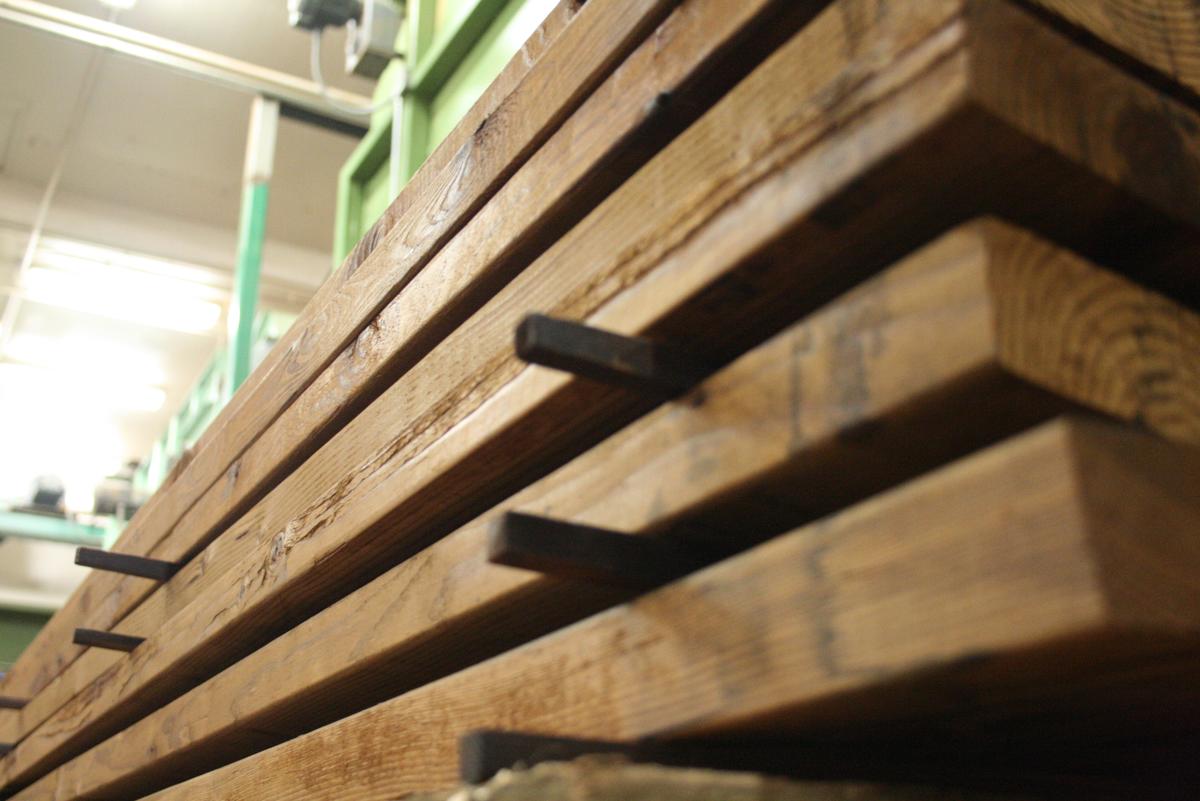Balsam fir, red pine and tamarack are plentiful tree species in Minnesota. But since the closure of several paper machines and oriented strand board plants, plus the 2008 recession and slowing of construction and manufacturing, there’s been much less need for, and harvesting of, these softwoods.
This is both a problem and an opportunity. The problem is a loss of jobs in the vital forest products industry, the fifth largest manufacturing sector in Minnesota by employment. Reduced softwood harvest also makes forests more susceptible to wildfires and attack by pests.
The opportunity is there, however, to expand domestic markets for these and other softwoods with thermal modification technologies to improve the wood performance. With the right data, manufacturers could turn to thermally modified balsam fir for products like outdoor furniture and fiberboard, which could bolster the state’s forest products industry.
NRRI conducted small-scale biological durability testing on balsam fir to provide the needed data. To modify the wood, it was cooked in NRRI’s special test kiln at bread-baking temperatures, around 350oF. Then it was tested according to American Wood Protection Association E10 standards – subjecting it to common wood decay fungi and soil block decay testing.
The tests were a success. Compared with durable southern and ponderosa pines treated with a chemical preservative, the cooked balsam fir showed less decay.
But can Minnesota’s softwood species stand up to the ultimate long-term decay environment of Hilo, Hawaii? NRRI Research Program Manager Matt Aro set up a test site to find out.
“This is one of the most inhospitable places in the northern hemisphere for wood construction – very hot and humid,” said Aro. “This testing should show our local wood manufacturers that treated balsam fir has very high decay resistance, perhaps on par with traditional chemically-treated wood products.”
